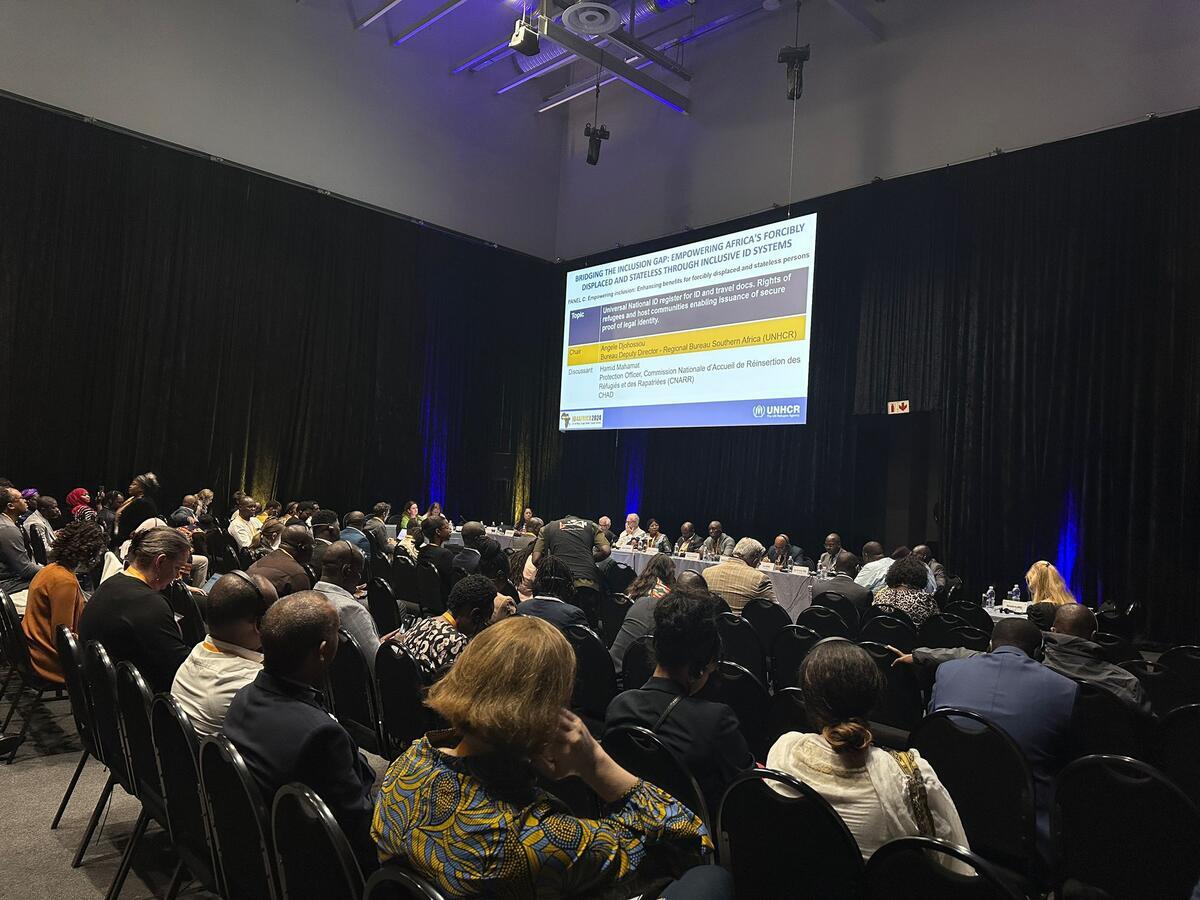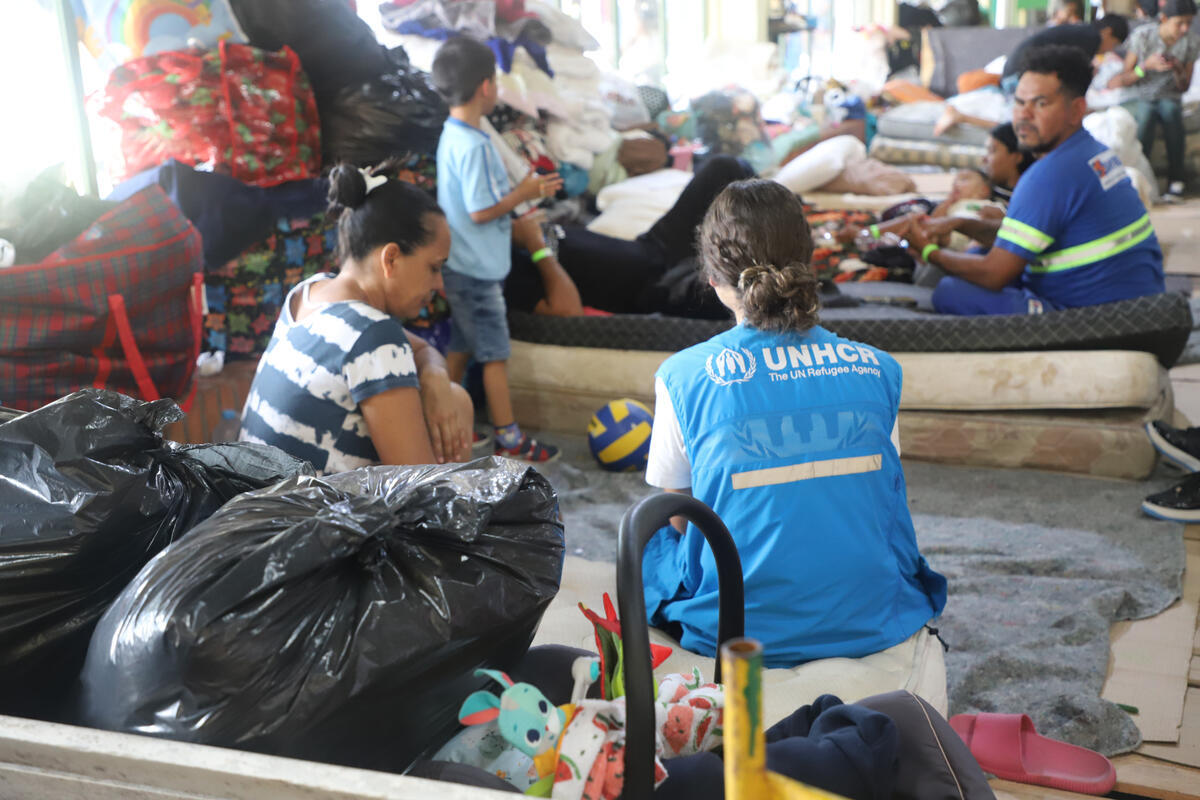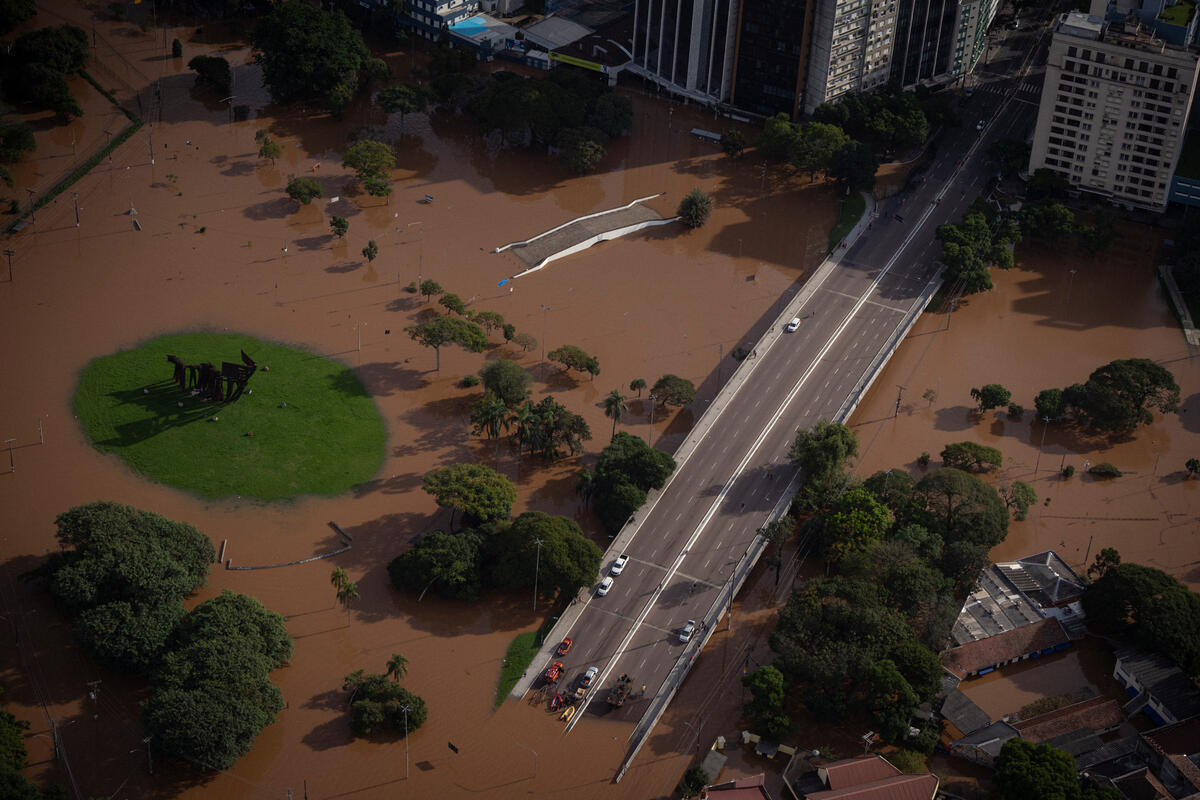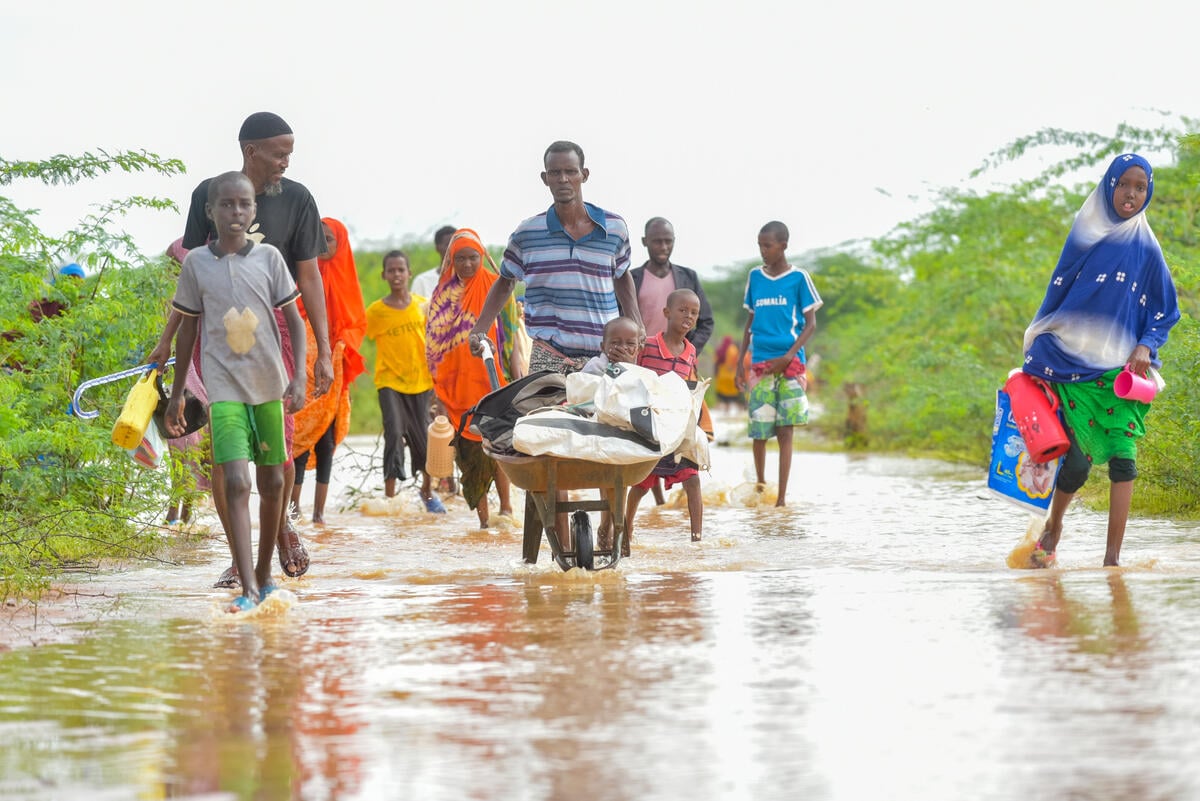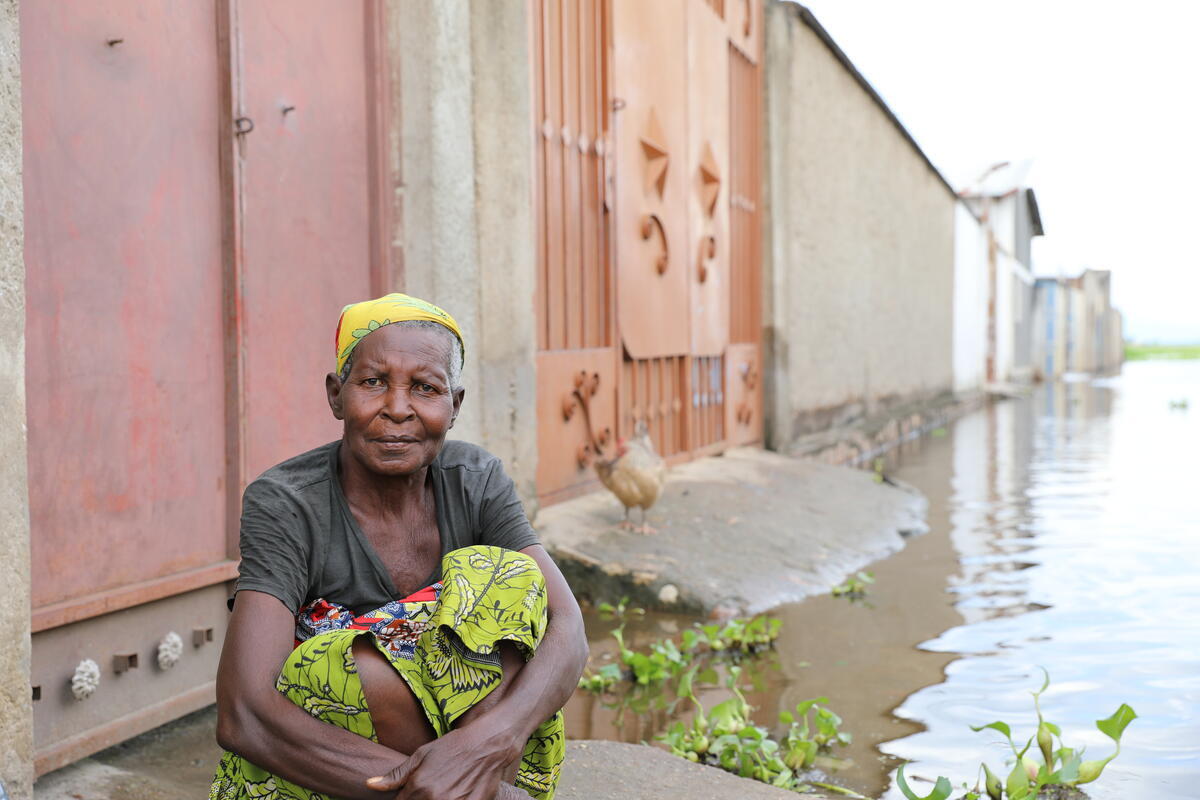UNHCR to move urban refugees affected by post-election violence in Kenya
UNHCR to move urban refugees affected by post-election violence in Kenya
UNHCR is finalizing plans today to transfer to refugee camps more than 300 refugees who have been forced from their homes in the Kenyan capital Nairobi by post-election violence. The refugees - mainly from Ethiopia, the Democratic Republic of the Congo and Burundi - have joined some 1,200 internally displaced persons (IDPs) still sheltering at Jamhuri Park, a fairground in Nairobi.
The government estimates some 600 people have been killed and 250,000 displaced by the violence that has engulfed many parts of the country. In the Kenyan capital an estimated 12,000 Kenyans are living in churches, police stations and other public buildings after being driven from their homes.
The government on Monday gave notice the Jamhuri Park IDP site would be closed on Wednesday. The UN Humanitarian Co-ordinator, accompanied by heads of UN agencies, including UNHCR, met with government officials on Monday to propose a phased and orderly closure.
On Monday, UNHCR drew up lists of refugees who wish to transfer from Jamhuri Park to Kakuma refugee camp in northern Kenya. Nearly half of those who presented themselves are registered as refugees with UNHCR. Among the others are people who were awaiting appointments with UNHCR to lodge their claims for asylum. Many refugees told UNHCR they had been threatened in the places where they had lived, while some said their homes had been burnt.
More than 75 percent of refugees interviewed by UNHCR staff said they are willing to go to the designated refugee camps - an indication of the trauma refugees have experienced because they often prefer staying in Nairobi to moving to distant camps. UNHCR is caring for some 270,000 refugees, mainly from Somalia and Sudan, in Dadaab and Kakuma, the two designated refugee camps in Kenya.
UNHCR is hiring buses to take a first group of 150 refugees on the two-day journey to Kakuma refugee camp, near the Kenya/Sudan border, some 960 kilometres away. This group is expected to leave tomorrow or Thursday. Some 60,000 refugees live in Kakuma. The remaining group will be moved next week and alternative accommodation is being arranged for them until they leave. The movements, however, will depend on the security along sections of the road and a police escort may be needed.
Meanwhile, UNHCR continues to support efforts to aid IDPs in Kenya. Over the next two days, we expect to transport more than 500 lightweight tents to the provincial capital, Nakuru, for distribution through the Kenya Red Cross Society to some of the most affected areas. On Monday, we supplied 400 family kits to the Kenya Red Cross Society for distribution at Jamhuri Park. Each kit contains plastic sheeting for shelter, blankets, jerry cans, mosquito nets, sanitary supplies and kitchen sets. We have pre-positioned 5,000 kits in our warehouse in Nairobi ready for distribution.




